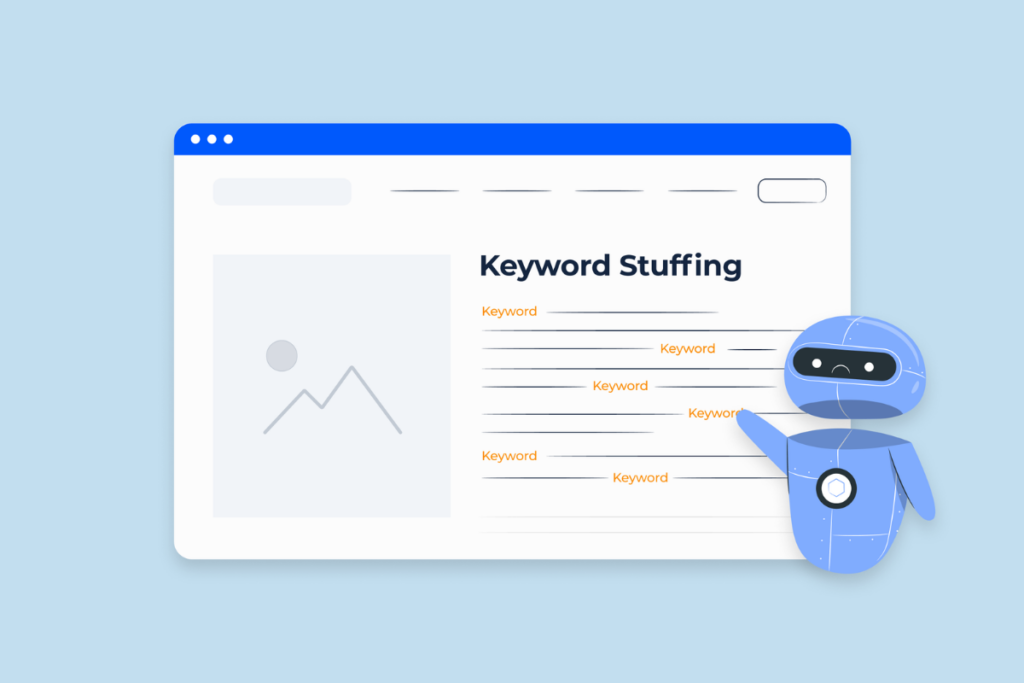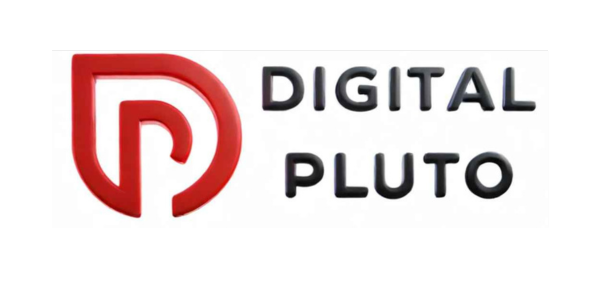
Introduction to Black Hat SEO Strategies
In the world of digital marketing, Exploring Black Hat SEO Strategies may promise quick results, but they come with significant risks. This blog delves into various black hat strategies that are still in use today and why you should avoid them at all costs.
Black hat SEO refers to a collection of strategies and techniques that aim to manipulate search engine algorithms to achieve higher rankings. Unlike white hat SEO, which focuses on organic methods and ethical practices, black hat techniques seek shortcuts, often at the expense of quality and compliance with search engine guidelines. These methods can lead to quick results, but they are fraught with risks and potential penalties from search engines.
What Are Black Hat SEO Techniques?

Some common Black Hat SEO Strategies include keyword stuffing, cloaking, link farming, and using automated tools to generate backlinks. These practices violate search engine guidelines and can lead to severe consequences, including being banned from search engine results pages (SERPs).
The Risks of Using Black Hat SEO Strategies
Utilizing Black Hat SEO Strategies can seem tempting due to the promise of rapid results, but the risks far outweigh the benefits. The repercussions can be severe, including:
- Penalties from Search Engines: Websites caught employing black hat techniques may face penalties, resulting in lower rankings or complete removal from SERPs.
- Loss of Reputation: Engaging in unethical practices can damage your brand’s credibility and trustworthiness.
- Short-Term Gains, Long-Term Losses: While black hat methods may provide temporary boosts in traffic, they often lead to long-term setbacks that can hinder growth.
- Increased Scrutiny: Once flagged for suspicious activity, a website may undergo increased scrutiny, making recovery difficult.
1) Understanding Authority Hijacking
Authority hijacking is a Black Hat SEO Strategies where individuals exploit the authority of established websites to drive traffic to their own. This often involves creating low-quality content that links back to the hijacker’s site, capitalizing on the established site’s credibility.
Exploring Black Hat SEO Strategies: How Authority Hijacking Works
Typically, a hijacker will publish articles or comments on high-authority sites, embedding links that redirect users to their own less reputable website. This practice undermines the integrity of the original site and can lead to decreased trust from users.
- Exploiting High Authority Sites: By posting on reputable platforms, hijackers hope to gain visibility and traffic.
- Low-Quality Content: The content produced is often of poor quality and lacks genuine value, focusing solely on link placement.
- Potential for Detection: Search engines are increasingly sophisticated in identifying such manipulative practices, leading to penalties for both the hijacker and the exploited site.
2) Cloaking: A Deceptive Technique
Cloaking is a black hat SEO technique that involves presenting different content to search engine bots than what is shown to users. This manipulation aims to deceive search engines into ranking a page higher, based on the content visible to bots.
Exploring Black Hat SEO Techniques: How Cloaking Works
With cloaking, a website might display optimized content aimed at search engines while showing entirely different content to users. This can include:
- Different URLs: Serving content from different URLs based on whether the visitor is a bot or a human.
- Content Manipulation: Using techniques to hide keywords from users while ensuring they are visible to search engines.
- High Risk of Penalties: Search engines actively penalize cloaking practices, so this technique carries a significant risk.
3) Link Farming: The Dangers of Manipulation
Link farming is a black hat SEO technique that involves creating a network of websites that link to one another to artificially inflate the number of backlinks pointing to a target site. This practice is designed to manipulate search engine rankings without providing genuine value.
Exploring Black Hat SEO Techniques: The Mechanics of Link Farming
Link farms typically consist of numerous web pages that are interconnected through links. Here’s how it works:
- Creating Multiple Sites: Individuals create a series of low-quality websites designed solely for linking purposes.
- Reciprocal Linking: These sites link back to each other, creating a façade of authority and relevance.
- Search Engine Detection: Search engines are increasingly adept at detecting link farms, leading to penalties for all involved sites.
4) Automated Tools for Backlinks
Automated tools for generating backlinks have become popular among those looking to exploit black hat SEO techniques. These tools promise thousands of backlinks in a short time, appealing to those seeking quick results.
Exploring Black Hat SEO Techniques: Understanding Automated Backlink Tools
While these tools may seem beneficial, they often create low-quality, spammy links that can harm a website’s reputation. Key considerations include:
- Quality vs. Quantity: High volumes of low-quality backlinks can lead to penalties rather than improved rankings.
- Risk of De-Indexing: Websites using automated tools may find themselves de-indexed from search engines altogether.
- Temporary Solutions: Any gains made through these tools are likely to be short-lived, as search engines continuously update their algorithms to combat such practices.
5) Keyword Stuffing: A Misguided Approach

Keyword stuffing is a black hat SEO technique that involves overloading a webpage with keywords in an attempt to manipulate search engine rankings. This practice not only compromises the quality of content but also frustrates users who are looking for valuable information.
Search engines have evolved significantly, and they can now easily detect keyword stuffing. When a webpage is filled with excessive keywords, it often results in a poor user experience and can lead to penalties from search engines. Here are some common indicators of keyword stuffing:
- Irrelevant Keywords: Inserting unrelated keywords that do not fit the context of the content.
- Overuse of Keywords: Using the same keyword repeatedly in an unnatural manner.
- Hidden Text: Hiding keywords by using a font size of zero or matching the text color to the background.
Instead of focusing on keyword density, it’s essential to create high-quality, relevant content that naturally incorporates keywords. This approach not only improves user engagement but also aligns with search engine algorithms, ultimately leading to better rankings.
6) Programmatic SEO: A Gray Area
Programmatic SEO refers to the process of creating a large number of web pages using automated tools to target specific keywords. While this technique can be effective in generating traffic, it often crosses into black hat territory if not executed properly.
When done incorrectly, programmatic SEO can lead to the creation of low-quality pages that provide little value to users. Here are some pitfalls to avoid:
- Duplicate Content: Generating multiple pages with similar or identical content can trigger penalties.
- Keyword Cannibalization: Creating too many pages for the same keyword can confuse search engines and dilute rankings.
- Lack of User Intent: Failing to understand the needs of your audience can lead to irrelevant content that does not satisfy user queries.
To stay within ethical boundaries, focus on creating unique, valuable content that serves a specific purpose. Programmatic SEO can be a powerful tool when it’s used to enhance user experience rather than manipulate search engine results.
7) AI-Generated Content: A Risky Gamble
As AI technology advances, many marketers are turning to AI-generated content to save time and resources. However, relying solely on AI for content creation can be a double-edged sword.
While AI can produce content quickly, it often lacks the depth and nuance of human-written material. Search engines prioritize quality and relevance, and AI-generated content can sometimes fall short. Consider these risks:
- Quality Control: AI may produce content that is factually incorrect or lacks coherence.
- Duplication Issues: AI-generated content can unintentionally replicate existing material, leading to penalties for duplicate content.
- User Engagement: Content that lacks a human touch may fail to resonate with audiences, leading to lower engagement rates.
To leverage AI effectively, use it as a tool to enhance human creativity rather than replace it. Combining AI-generated insights with human expertise can lead to high-quality content that meets both user and search engine expectations.
8) Doorway Pages: Misleading Pathways
Doorway pages, also known as bridge pages, are designed to funnel users to a specific site while manipulating search engine rankings. These pages often contain little to no original content and are created solely for the purpose of ranking for specific keywords.
Using doorway pages can severely damage your site’s reputation. Here are some characteristics of doorway pages:
- Low-Quality Content: These pages provide minimal value and often contain generic information.
- Keyword Targeting: They are typically optimized for specific keywords, aiming to capture search traffic without delivering relevant content.
- Redirects: Users are often redirected to other pages, which can frustrate visitors seeking genuine content.
Instead of relying on doorway pages, focus on creating comprehensive, informative content that genuinely addresses user needs. Ethical SEO practices lead to sustainable traffic growth and a better user experience.
Conclusion for Black Hat SEO Strategies
In the competitive landscape of digital marketing, the temptation to use black hat SEO techniques can be strong. However, the risks associated with these practices far outweigh any short-term gains. Ethical SEO not only builds trust with users but also fosters long-term success in search engine rankings.
By focusing on quality content, user experience, and ethical practices, you can build a reputable online presence that withstands the test of time. Avoid the pitfalls of Exploring Black Hat SEO Techniques, and invest in strategies that promote sustainable growth and integrity in your digital marketing efforts.
Follow https://www.digitalpluto.co.in/ for the latest updates about Digital Marketing.





